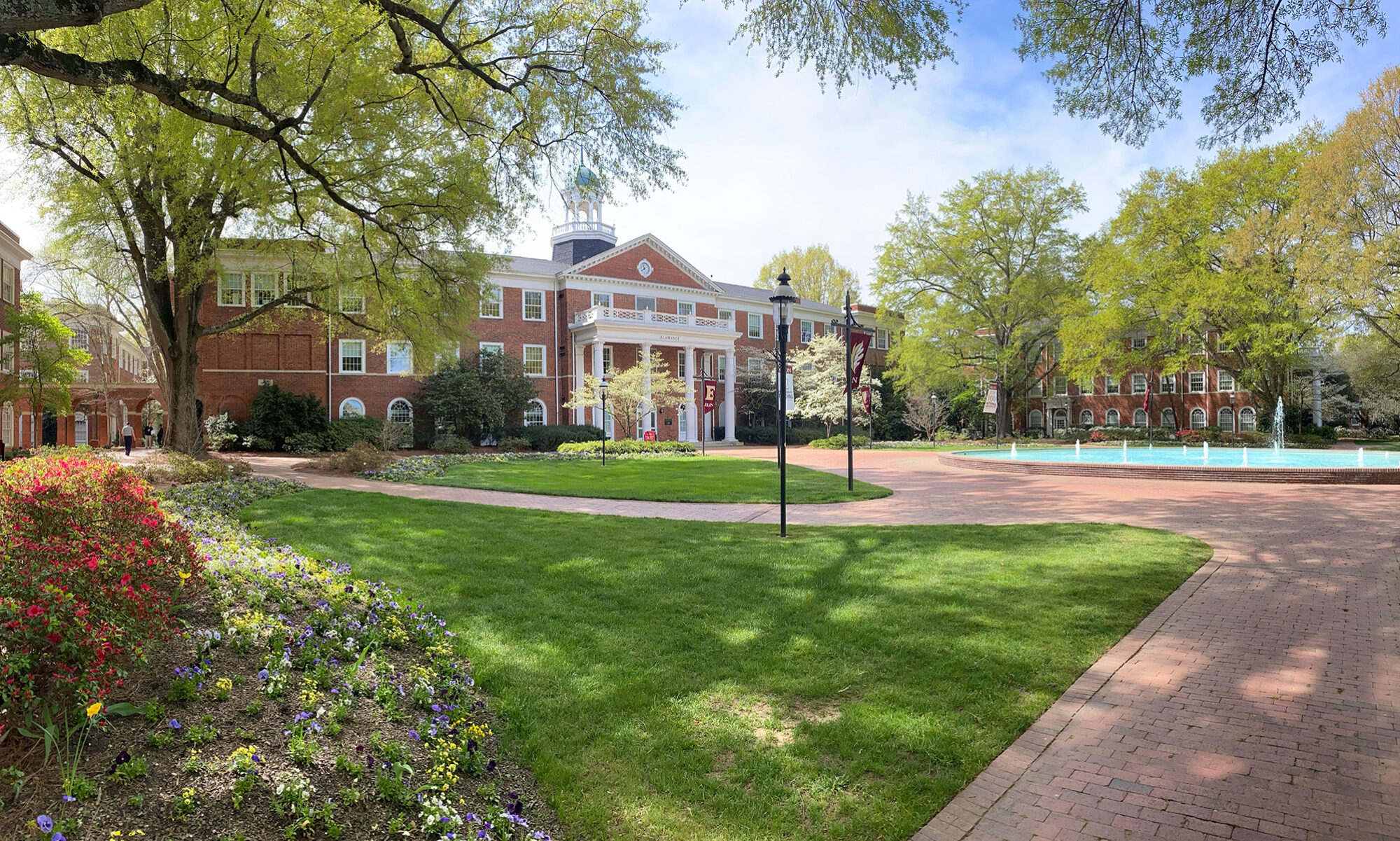Monday’s class started off with April giving announcements about upcoming projects and events we are attending. Subsequently this turned into students relaying information received from the Steering Committee meetings, such as the senior capstone seminar has been approved for Honduras for GST and Natasha Christensen is being given the service award, which the entire class plans on attending. Then the fundraising committee talked about the Periclean card and it’s possible options for fundraising, along with other ideas. After that we decided that for our elevator speech the class would email one student with quotes we used in our application, and then the best quotes would be written on posters and used in the elevator speech video.
Soon after various students presented on current events going on in Honduras, many of them based around human rights or lack thereof. This perfectly transitioned into the class discussion about the Honduras 2012 Human Rights Report, which the reading of was our homework. We mainly discussed things we were surprised about and the duality of various issues. The last part of the class we used to narrow down our topics of possible projects. A Google doc was created and everyone put down broad themes they would like to work on such as hunger, education, and poverty. Then April looked through the list and tried seeing how many overlaps there were and making a smaller list, which the entire class would then vote on. We still don’t have the narrowed down list yet but soon everyone in the class will vote on 7 or 8 possible projects. Class was very productive and we have made many future goals, which will keep us busy.
In today’s class (Wednesday) we had the opportunity to go to a talk with Peter Levine, the author of We Are the Ones We Have Been Waiting For. He started off the conversation with the quote, “never doubt that a small group of thoughtful and committed citizens can change the world. Indeed, it is the only thing that ever has,” and asked the audience what we thought about it.
Some people believed in this idea. If you are passionate and committed enough about an idea, you can change something. One woman mentioned that almost all the time, we are faced with overwhelming problems in the world and our own lives. She said that the only way to get through it and solve these problems is to have hope. The small group of thoughtful and committed citizens need to believe that change is possible and have hope that they can make a difference, and it will be possible.
Other audience members believed that some aspects of the quote don’t actually work. They were saying that for change to be possible, there needs to be more structure to the movement then just that small group of people. One example was Periclean Scholars. In our class, we are one small group of thoughtful and committed citizens, but the way we can achieve change is through the structure of the Periclean program. We need that bigger group to guide us to be able to enact the changes we want.
Levine also talked about three ideas that he believes are necessary when you are facing a problem you care about and have to work within a group. The first one was facts and evidence. These are necessary because to fully grasp a problem the group needs to understand exactly what the problem is. This is the part of the 3-step process our class has been working on recently, learning the most about Honduras to better pick a problem we want to address.
The next idea is value. Levine mentioned that issues start with values because when something is important to someone, they will make it an issue. This idea is important for our class because we need to understand not only what issues we find most important but we also need to understand the values of Hondurans. When we choose what we want to focus on, we need to make sure that issue is of some importance to Hondurans.
The third idea is strategy. This one is the hardest to define because with each project, the strategy changes. Levine did mention that a really good strategy must include how you as a person are connected to the world on a bigger scale. How can you get involved and in what way does the issue connect to you. This third idea will definitely be more helpful to our class once we pick our focus.
After explaining these ideas, Levine asked us to get into groups and talk about what we are doing in our class and different causes that people are passionate about.
One of the ideas that really stood out to me was the idea that to create change we have to have good relationships. If you don’t create relationships with the people you are working with, nobody is going to want to work together to create any sort of change. This is definitely something that relates to our class. We are still getting to know each other and figuring out our strengths and weaknesses. We talked about having different group events outside of class, which will help us create better relationships with each other.
The talk was extremely interesting and beneficial to our class. Some of the ideas and concepts Levine talked about are definitely going to help us pick a topic or issue we want to focus on. I really look forward to finishing his book, which already has given me more insight into his idea of civic responsibility and engagement.


 Follow
Follow